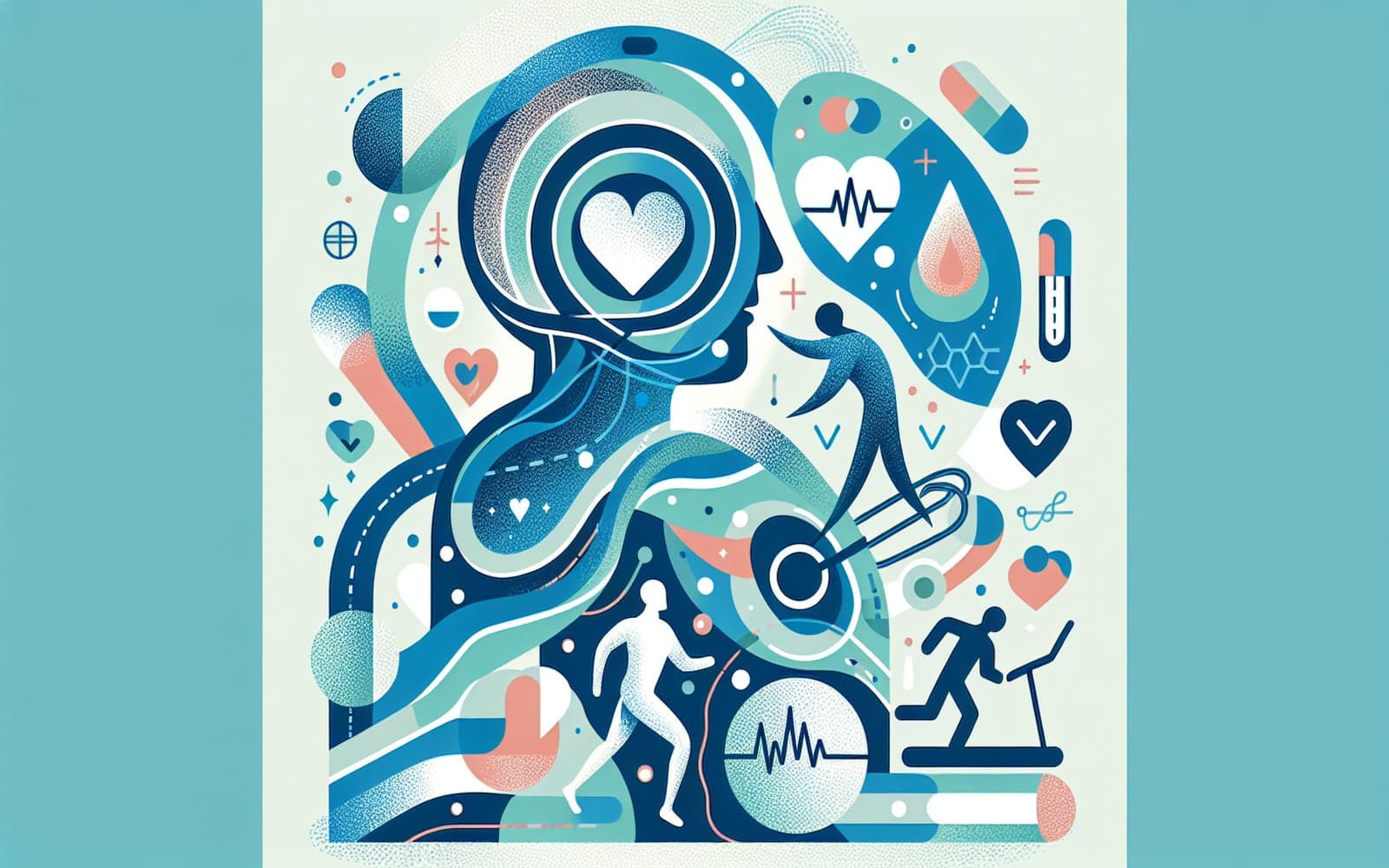Uncovering Heart Symptoms: When to Consider a Stress Test
Published: Mar 25, 2024
Heart symptoms can be subtle or alarming, but they all deserve attention. Find out when a cardiac stress test might be the next best step for your heart health.
Contents
Identifying Heart Symptoms
Common heart symptoms include chest pain, shortness of breath, and fatigue, especially during physical activity. These symptoms can indicate underlying heart issues, such as coronary heart disease (CHD). If you experience these symptoms, it's crucial to consult a doctor for further evaluation.
How Stress Testing Helps
Stress testing helps diagnose the cause of heart symptoms by assessing how your heart functions under stress. It can reveal blockages or other issues that might not be apparent during regular check-ups. This information is vital for planning appropriate treatments or interventions.

When to Talk to Your Doctor
If you experience persistent or worsening heart symptoms, it's time to talk to your doctor about stress testing. Early detection and diagnosis can lead to better outcomes and prevent severe complications. Don't ignore potential warning signs of heart disease.
Frequently Asked Questions
Chest pain, shortness of breath, and fatigue are common signs.
It assesses heart function under stress to diagnose issues.
Consider it if you have persistent heart symptoms.
Yes, by identifying issues early, they can prevent complications.
Key Takeaways
Understanding your heart symptoms and seeking timely testing can safeguard your heart health.
Consult Doctronic to see if a stress test is right for you!Related Articles
References
Kligfield P, Lauer MS. Exercise electrocardiogram testing: beyond the ST segment.
Mark DB, Hlatky MA, Harrell FE Jr, et al. Prognostic value of a treadmill exercise score in outpatients with suspected coronary artery disease.
Always discuss health information with your healthcare provider.

